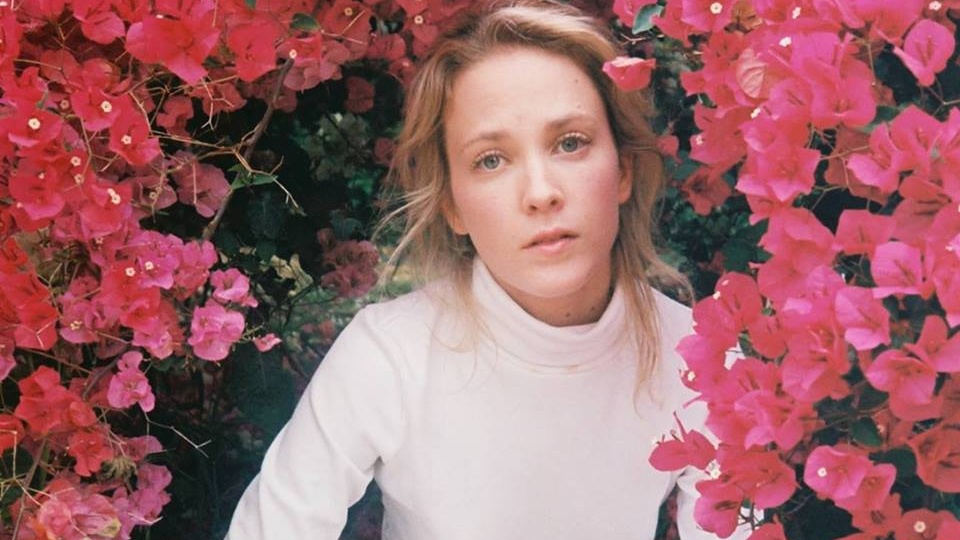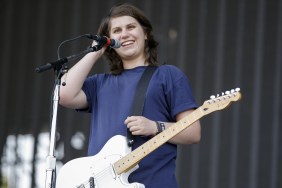Emma Louise is widely perceived as a dance or electronic music artist because of her high-profile remixes and collabs. But she has always been a singer/songwriter first. Now the mysterious Queenslander is reclaiming her musical identity in indie-dom with a hyper-conceptual third album, Lilac Everything.
Emma Louise Lobb generated buzz as a high schooler in Cairns, uploading performances of her acoustic guitar songs…











